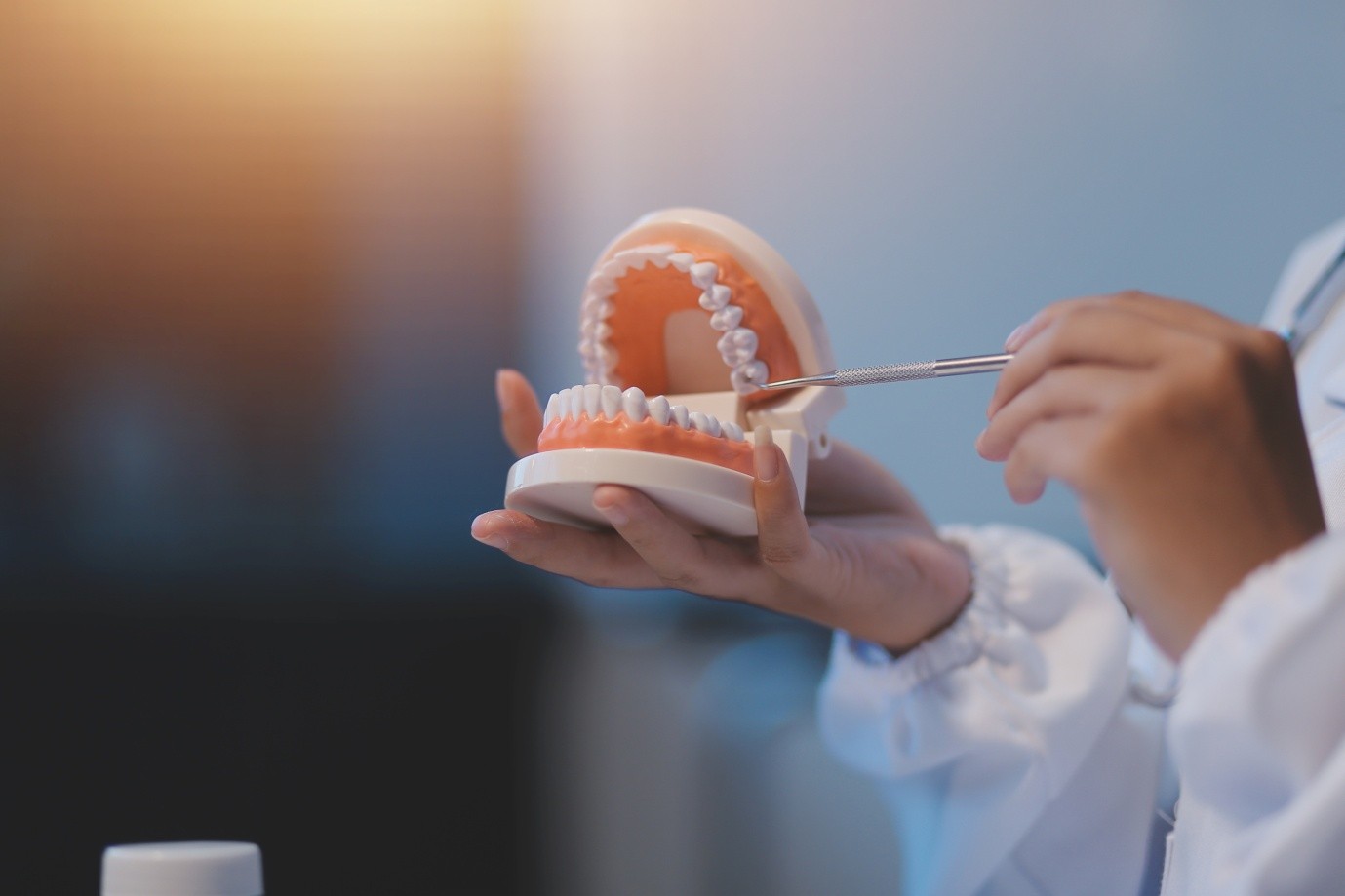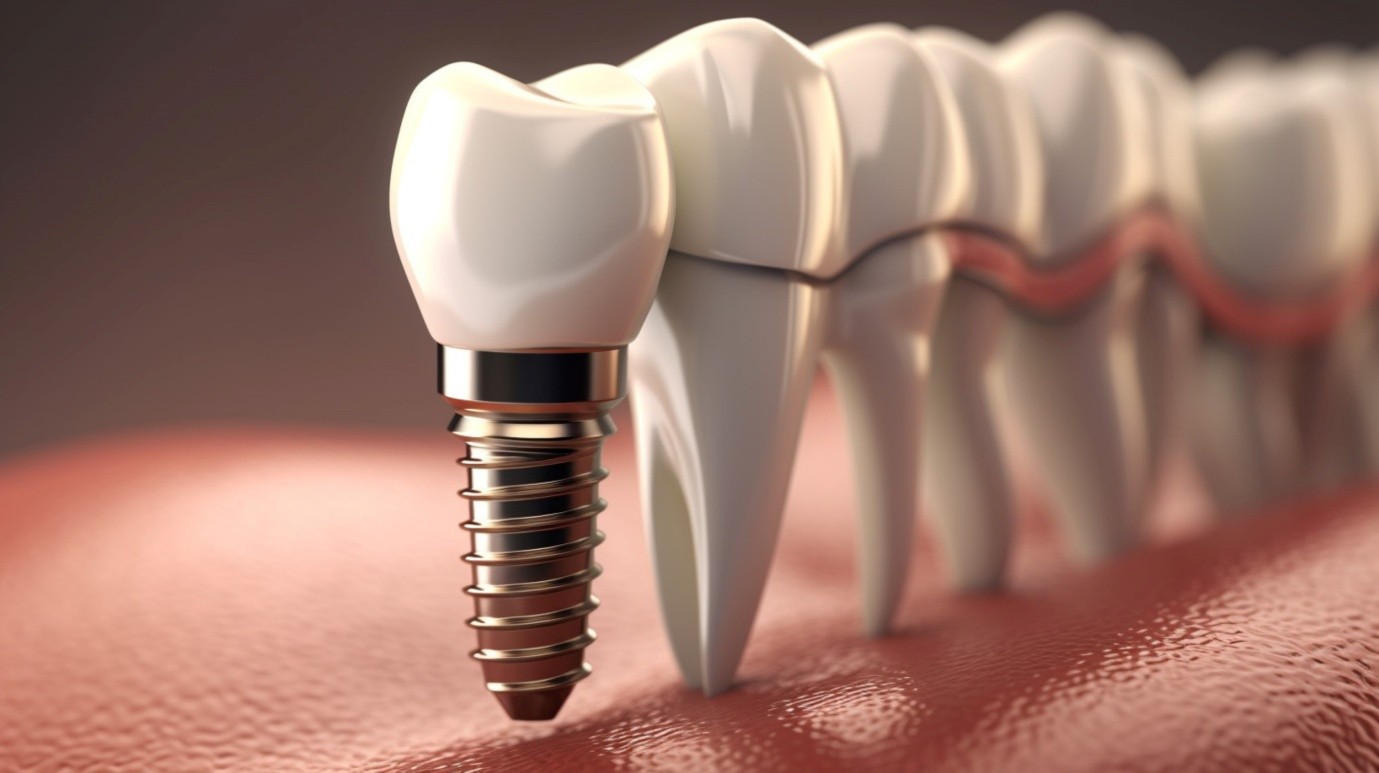Foods to Eat and Avoid After Getting Dental Implants
Dental implants are an excellent solution for replacing missing teeth, restoring functionality, and enhancing your smile. However, the success of your dental implant largely depends on how well you take care of it during the healing phase. One of the most critical aspects of post-implant care is your diet. Eating the right foods can promote healing, reduce discomfort, and prevent complications, while certain foods can increase the risk of irritation or implant failure.
In this guide, we’ll explore the best foods to eat after getting dental implants and the ones you should avoid to ensure a smooth recovery.


Why Diet Matters After Dental Implants
The healing process after dental implant surgery is crucial. The implant needs to integrate with your jawbone through a process called osseointegration, which can take several months. Eating the wrong foods during this period can disrupt the healing process and even lead to implant failure. Soft, nutrient-rich foods can aid in faster recovery, while hard or sticky foods can cause pain, infection, or even dislodge the implant.
The Healing Phases and Dietary Needs
The recovery period after dental implant surgery can be divided into three key phases, each requiring specific dietary considerations:
- Initial 24-48 Hours: Stick to a liquid diet with broths, smoothies, and nutrient-dense liquids to minimize chewing and prevent discomfort.
- First Week: Introduce soft foods like mashed potatoes, oatmeal, and scrambled eggs to provide essential nutrients.
- First Month and Beyond: Slowly reintroduce firmer foods, ensuring they are easy to chew without placing stress on the implant.
Foods to Eat After Dental Implant Surgery
During the initial healing phase, your diet should consist of soft, easy-to-chew foods that won’t put pressure on the implant site. Here are some of the best foods to include in your post-surgery diet:
Soft and Nutrient-Rich Foods
- Mashed Potatoes – Easy to consume and rich in energy, mashed potatoes provide essential carbohydrates to help keep your energy levels up.
- Scrambled Eggs – A great source of protein and soft enough to eat without discomfort.
- Greek Yogurt – High in protein and calcium, which aids in healing and strengthens bones.
- Smoothies – Blended fruits, vegetables, and protein powders can provide essential vitamins and minerals.
- Oatmeal – Soft and nutritious, oatmeal is an excellent option for a gentle breakfast.
Protein-Rich Foods for Faster Healing
- Soft Fish (Salmon, Tilapia, Cod) – Rich in omega-3 fatty acids and proteins, which help in reducing inflammation and promoting healing.
- Cottage Cheese – A soft, protein-packed food that provides calcium for stronger bones.
- Tofu – A plant-based protein that’s easy to chew and rich in nutrients.
- Lentils and Beans (Well-Cooked or Pureed) – Excellent sources of protein and fiber that are gentle on your mouth.
Hydrating and Soothing Foods
- Broth-Based Soups (Without Hard Chunks) – Chicken or vegetable broth can help keep you hydrated while providing essential nutrients.
- Applesauce – A great source of vitamins while being soft and easy to consume.
- Avocados – Packed with healthy fats and vitamins, avocados are creamy and easy to eat.
- Bananas – Soft and rich in potassium, bananas are easy to chew and provide energy.
Dairy and Calcium-Rich Foods
- Milk and Dairy-Based Drinks – Essential for bone strength and healing.
- Soft Cheese – Provides calcium and protein without being difficult to chew.
- Pudding and Custard – A smooth and satisfying option for a soft diet.
Foods to Avoid After Getting Dental Implants
Just as some foods can aid healing, others can delay recovery and cause complications. Here’s a list of foods you should steer clear of after dental implant surgery:
Hard and Crunchy Foods
- Nuts – Can put too much pressure on the implant site.
- Hard Vegetables (Carrots, Celery, Corn on the Cob) – Require excessive chewing and can cause discomfort.
- Popcorn – The kernels can get stuck and cause irritation.
- Chips and Crackers – Hard textures can damage healing gums.
Sticky and Chewy Foods
- Gum and Chewy Candies – Can stick to the implant area and increase the risk of infection.
- Dried Fruits (Raisins, Dates, Figs) – Hard to chew and can get stuck between teeth.
- Bagels and Hard Bread – Require excessive chewing, putting stress on the implant.
- Toffee and Caramel – Can be too sticky and difficult to clean from your teeth.
Acidic and Spicy Foods
- Citrus Fruits (Lemons, Oranges, Pineapples) – The acidity can irritate sensitive gums.
- Tomato Sauce – Highly acidic and may cause discomfort in the implant area.
- Spicy Foods (Hot Peppers, Chili Sauce, Curry) – Can cause irritation and pain in healing gums.
Alcoholic and Carbonated Beverages
- Alcohol – Can slow down the healing process and increase the risk of infection.
- Soda and Sparkling Water – Carbonation can cause irritation and delay recovery.
- Coffee and Tea (In Excess) – Can stain the implant and dehydrate the body.
Tips for Eating Comfortably After Dental Implants
- Eat Smaller Meals – Instead of three large meals, eat smaller portions throughout the day to prevent excessive chewing.
- Use a Spoon or Fork Instead of Biting – Cut food into small pieces to avoid direct pressure on the implant site.
- Stay Hydrated – Drinking plenty of water helps with healing and reduces the risk of infection.
- Avoid Using Straws – The suction from straws can disturb the healing site and lead to complications like dry sockets.
- Chew on the Opposite Side – If you have a single implant, try to use the other side of your mouth for chewing.
- Follow Your Dentist’s Advice – Always adhere to your dentist’s specific recommendations regarding food choices and care routines.
Final Thoughts
Proper nutrition plays a vital role in the healing process after getting dental implants. Following a diet rich in soft, protein-packed, and nutrient-dense foods can speed up recovery, while avoiding hard, sticky, and acidic foods can prevent complications. Be mindful of what you eat, follow your dentist’s instructions, and allow your implants to heal properly for a long-lasting, healthy smile.
For professional dental care and expert guidance on dental implants, visit Cezanne Dental Clinic for personalized treatment plans and post-surgery support.

